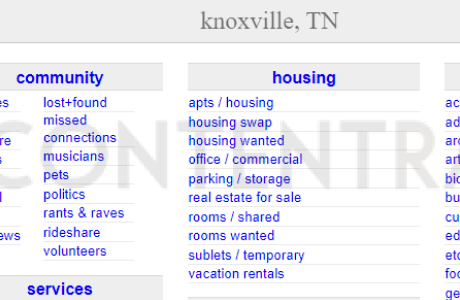The remote work movement is here to stay. That’s something we can say with confidence at this point, following a rapid shift during the pandemic.
Even companies that at one point were very strictly against remote work now have hybrid options, or some are remote-first and remote-only.
As companies transitioned, perhaps not willingly, but because they were forced to during the pandemic, they saw real benefits. A lot of employers say that their employees were more productive than they thought they would be and happier in many cases too.
That doesn’t mean that it’s all smooth sailing, though.
Managers and leaders are still looking at ways to keep remote employees productive and engaged over the long-term with remote work, now that the newness has worn off and the reality of possible downsides has set in.
For leadership in 2022, the following are things to remember to keep your remote teams productive and thriving.
1. Give Them the Technology They Need to Succeed
You want your remote employees to feel like they can access everything they need to do their jobs quickly and easily. At the same time, in providing that access, you can’t sacrifice your cybersecurity.
Many bad actors have taken advantage of remote work over the past couple of years, wreaking havoc on businesses.
To keep remote employees productive but also to protect your data and assets, think about investing in an identity and access management (IAM) security strategy. IAM makes it easy for your employees to access everything required to do their jobs quickly and efficiently but simultaneously reduces the risk of an identity breach.
The more cumbersome your identity management or cybersecurity tools, the less productive and engaged your employees are going to be.
Similarly, ask your employees if there are other apps or resources they might require to be more productive. Using good project management software goes a long way in any organization.
Very little thought should be given to how they access the network and the resources they require day-to-day on their part—your focus should be on the provision of a seamless experience so this can happen.
2. Keep Your Employees in the Loop, No Matter Where They’re Working
There’s a term that you’re likely to hear more of in the coming months and years, which is remote-first. In a remote-first organization, there is still a physical office space, but it’s not a hub of communication or decision-making.
Instead, the online world is.
The office may exist as needed or when someone prefers to come in, but managers and leaders make an effort to ensure that everyone who works remotely is in the loop and the conversations are happening digitally first and foremost.
If there are any updates that need to be shared, or you need feedback or have company news, make sure remote employees have access to it. Even if you aren’t technically remote-first, keep employees connected through communication.
3. Rethink Your Onboarding Process
If you’re hiring new employees right now, how you onboard them is going to have a ripple effect on their productivity throughout the entirety of their time with your company.
Remote new hires tend to feel significantly less equipped to do their jobs. They need support, and your onboarding strategy should take into account the remote element.
Your employees need access to login credentials and documents, they need training and orientation, and they also need training on less apparent drivers of success. For example, your onboarding program should include things like how your organization members communicate with one another.
4. Recognize If You’re a Productivity Killer
Managers and leadership may be killing employee productivity, and they often have no idea they’re the problem.
If you’re constantly holding long-winded meetings on video chat, you are killing productivity.
Just like in the past few years there has been a big push away from pointless in-person meetings, make sure you’re not creating the same environment digitally.
If you don’t need everyone to attend a video meeting, then don’t have everyone participate.
Let your employees work in the ways that they think are going to help them meet goals and achieve, without trying to take up too much of their time or micromanage.
The real advantage of remote work is that you can think less about how employees get to a certain endpoint. Instead, it’s about results. You’re not monitoring everything they’re doing, so allow employees to thrive and be more productive by meeting objectives you set but doing so in the ways they think are best or most effective.
You’ll find if you set measurable, specific goals but then take a step back, it helps your remote employees thrive.
Read Also:
























